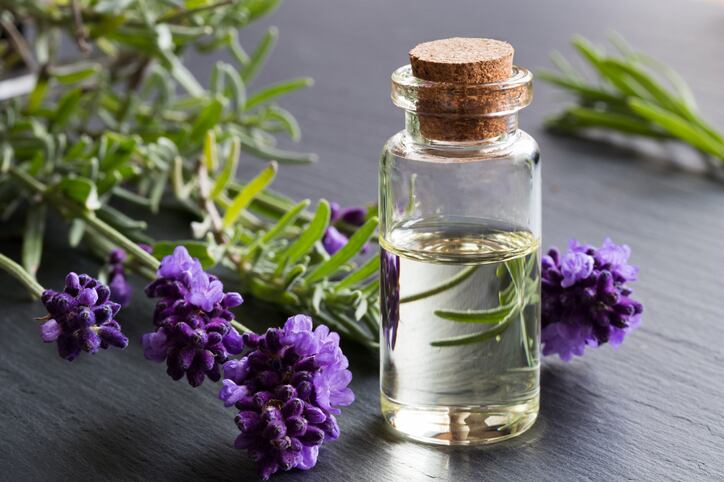NOW Foods, based in Bloomingdale, IL, has been one of the mainstays of supplement marketplace for decades. The company is actively engaged in trade organization activities and industry quality initiatives.
Last year NOW conducted a quality survey of the ecommerce marketplace for essential oils, which are volatile fractions of botanicals primarily used in topical products, as aromatherapy agents and as fragrances.
Few online brands met spec
NOW purchased a suite of products online and subjected them to a standard, fit-for-purpose GC-FID/MS test. The testing revealed a disturbing trend, one that could undermine consumer confidence in the entire sector. Many of the products that NOW tested were partially or wholly deficient.
NOW tested 18 samples of oil, half of which were labeled as lavender oil. Twelve of the 18 samples, or 66%, failed the tests in some way, mostly because of adulteration. For one unnamed brand holder, all of its products failed the quality tests.
“Out of 18 oils tested, only 8 passed as high quality essential oils. This is not really very surprising as many of the companies that we tested entered the market recently and likely don’t have the expertise and experience to source high quality essential oils and avoid the low quality oils on the market,” Aaron Secrist, NOW’s vice president of quality and regulatory affairs told NutraIngredients-USA.
Picture particularly dire for lavender oil
The picture for lavender oil was even more dismal that that for the market as a whole. Only one product of the nine lavender oils tested passed the quality test, Secrist said .
Secrist said the most common adulteration scheme was the dilution of an essential oil with a so-called ‘fixed’ oil. Fixed oils are oils pressed from seeds in triglyceride form. An essential oil would be distilled from a botanical and would generally represent a much smaller fraction of the source material by weight, and so would be significantly more expensive.
Finding underhanded ways around that high-cost/low-content conundrum is a practice that stretches back into antiquity. In the modern marketplace, Secrist said anywhere from 35-80% of Lavender oil, Roman Chamomile oil, Frankincense oil, Rosemary and Peppermint oils were found to be adulterated with fixed oils.
But the modern understanding of chemistry has provided adulterators with more sophisticated and potentially more troubling tools, Secrist said.
“We also saw some synthetic fragrance components such as linalool and linalyl acetate in lavender oil. We saw a lot of lavender oil adulterated with lavandin oil (which is an essential oil derived from any number of plants related to true lavender, or Lavandula angustifolia). We saw contamination with phthalates,” he said.
“We saw oils that are composed of synthetic fragrance in isopropyl myristate (ester of isopropyl alcohol and myristic acid). Isopropyl myristate can cause skin rashes. This ingredient should be listed on the label,” he added.
Secrist noted that oils from related species cannot be relied upon to have similar therapeutic activities. So cutting lavender essential oil with lavandin is mostly a matter of fraud, but can have some health concerns, too.
“For instance, lavandin oil can cause seizures in epileptic children due to the high content of camphor, but this probably isn’t very likely to occur. Phthalates can act as endocrine disruptors potentially causing reproductive issues,” he noted.
Undermining trust
Mainstream health authorities have accorded some benefits to aromatherapy, mostly referring to lavender oil. These include pain relief, mood support, better sleep and improved quality of life for people suffering from chronic health conditions. But a low quality oil, short on bioactives, would trade on those promises without delivering benefits, Secrist said.
The increasing popularity of aromatherapy has brought new consumers into the marketplace and has brought new brand holders in, too. But as with other booming market sectors (CBD/hemp oil products might be mentioned here), poor quality control might work to undermine the sector even as it starts to really take off, he noted.
“It is such a problem because the increased popularity of aromatherapy has pushed many companies to try to ride the wave and make money without fully understanding the nuances of essential oil quality. There is certainly a limited quantity of the high quality oils out there and knowing how and where to find them is critical. Cheap adulterated oils are a competition to quality brands and tend to make it difficult for the high quality essential oils producers to compete,” Secrist concluded.


